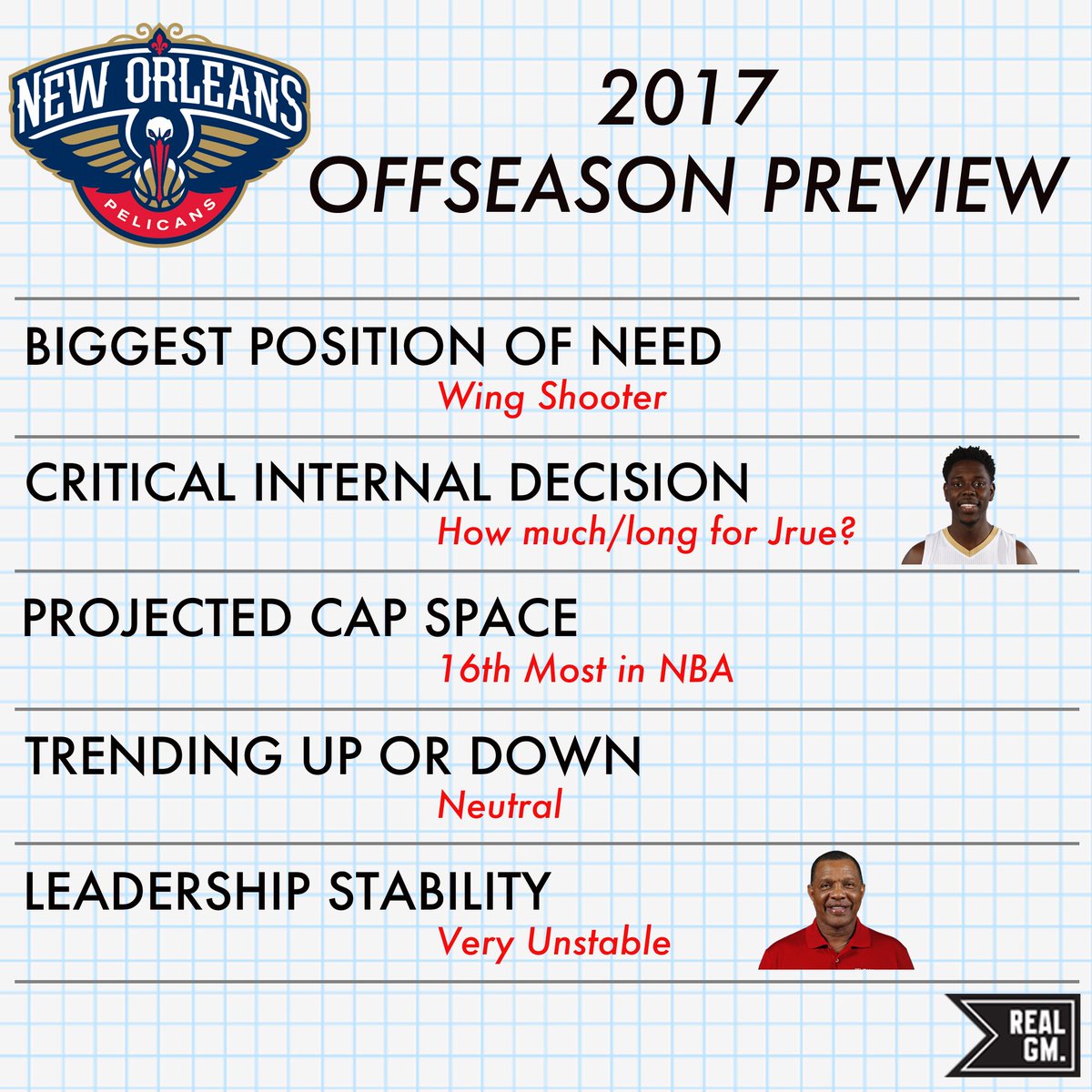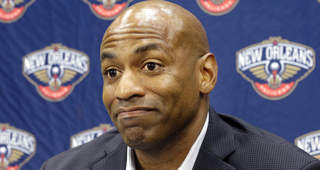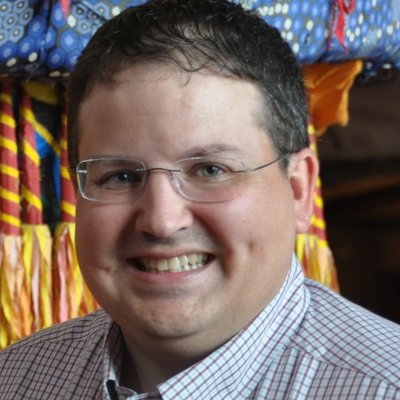After making the playoffs in 2015, the New Orleans Pelicans have fallen back over the past two years. A portion of this can be blamed on the failure of Anthony Davis to stay healthy, but that an easy, surface level assessment. The bigger challenge has been the inability to put other high end talent around Davis. At the trade deadline in 2017, New Orleans took a big step towards changing that failure.
After years of watching the team be sunk by injuries, the Pelicans let Ryan Anderson and Eric Gordon walk as free agents. Ironically enough, both turned in mostly healthy seasons for the Houston Rockets, propelling them to one of the best records in the NBA. New Orleans was making it clear they were choosing availability as an ability, and their additions in the offseason furthered that objective.
Seeking backcourt and wing depth, the Pelicans signed E’Twaun Moore, Langston Galloway, and re-signed Tim Frazier. While none of these three guards are flashy, all are productive rotation players, and none have any sort of iffy track record healthwise. They also signed Solomon Hill, who had seen his fourth year team option on his rookie scale contract declined by Indiana. After a strong performance late in the 2016 season and the playoffs, Hill was given a four-year, $48 million contract. They probably overpaid, but New Orleans has been so lacking in wings, that they were comfortable reaching for Hill.
Still looking for more depth on the perimeter, the Pelicans added Lance Stephenson and re-signed Alonzo Gee. Neither made it very far, as Gee was waived before the season started and Stephenson was injured fairly early on and waived shortly thereafter. This started the cycle of bringing in players on 10 Day contracts and essentially using them as tryouts to try and capture lightning in a bottle. Eventually they succeeded, but in an unexpected way. Late in the year, New Orleans was desperate for anyone who could score points and they added Jordan Crawford. Crawford went on to score 14.1 points per game in 23 minutes per game over 19 games. His contract is fully non-guaranteed at the veteran minimum for the 2017-18 season, and the Pelicans seem to have found a keeper long term.
New Orleans also signed Donatas Motiejunas, after he became an unrestricted free agent following a long, drawn out saga with Houston and the Brooklyn Nets, which involved a matched offer sheet and a voided contract. Motiejunas went on to have little impact for the Pelicans and was out of the rotation by the end of the year.
We would normally start with the team’s draft pick, considering it was in the top 10, but although New Orleans grabbed a good one in Buddy Hield, he was not to be in the Crescent City for long. Over All-Star Weekend, actually as the All-Star Game itself was wrapping up in New Orleans, news broke that the Pelicans were completing the biggest trade in franchise history. The Kings and Pelicans partnered up for a deal that saw DeMarcus Cousins and Omri Casspi shipped to New Orleans in exchange for Hield, Galloway, Tyreke Evans, and a protected first round draft pick.
While the Davis/Cousins pairing had some growing pains, it showed a lot of promise for the future. Cousins averaged 24.4 points, 12.5 rebounds, and almost four assists per game in New Orleans. With both Cousins and Davis able to step out and play on the perimeter, and both able to do damage inside, the Pelicans have a big man duo that no other team in the NBA can match. With a full offseason and training camp to integrate the two and others around them, New Orleans should be able to solve whatever issues they had in their brief time together to date.
Casspi, who could have had a big role for a team that needed wing help, was injured in his first and only game with the Pels. Rather than wait for him to get healthy, New Orleans waived him. Casspi then returned quicker than anyone could have expected and would have given the Pelicans a nice option with full Bird rights as an unrestricted free agent.
This summer, New Orleans already has their big addition in Cousins. Everything now needs to be geared towards putting complementary pieces around their All-Star big men. First up is a decision on Jrue Holiday. Holiday stayed healthy for the first time in years and returned quickly after a personal situation involving in his wife kept him out for the first month of the season. Holiday’s wife, Lauren, had to have brain surgery and the Pelicans let him take as much time as he needed. Fortunately for the Holiday family, surgery was successful and Jrue was able to return in late November.
Now, Holiday is a free agent. He’ll turn 27 over the summer and should be just entering his prime years. Unfortunately, prior to 2017, Holiday had suffered through three straight injury plagued seasons. Committing big money over what will likely need to be a four-year deal, is a major question mark. The Pelicans have been through so much with injury-prone players that they need to be cautious with Holiday. There is a mutual respect between the player and the organization, and the Pels have no readymade replacement on the roster, nor the cap space to acquire one, should Holiday leave. The best estimate is that they come to an agreement on a mutually beneficial deal that sees Holiday paid fairly, while protecting the Pelicans in terms of years.
As for the team’s other two free agents, Motiejunas and Dante Cunningham, the Pelicans can more or take it or leave it on both. Motiejunas didn’t pan out, as he didn’t look quite ready to play, and New Orleans now has several other big man options on the roster. They’ll probably move on. Cunningham has already announced that he plans to decline his player option and become an unrestricted free agent. He’s likely looking for years versus big money and could return to the Pelicans on a team friendly deal to provide depth at the forward position.
Out of the partial/non-guaranteed players, Crawford is almost a guarantee to be back. He was a revelation and fills a huge need as a bench scorer. Quinn Cook and Axel Toupane were both added late in the year and will likely stick at least through training camp. In the case of both, they could make the roster as back end depth guys, pending who is added over the summer.
And therein lies the rub. Assuming the Pelicans bring back Holiday, they’ll have no cap space to work with. They aren’t likely to have a first round pick either, as the pick is only top three protected. This means they are left to use their exceptions to add players. The starting bigs are as good as you can get, and Holiday, Moore, Frazier and Crawford make up a solid enough backcourt. Frazier in particular is perennially underrated as a playmaker.
That leaves the small forward position as a continued problem spot. This is where having Casspi would have been nice. He would be the perfect combo forward for this team, and the decision to hastily waive him looks even worse now than it did at the time. Given their inability to pay much, the Pelicans are looking at somewhat limited options.
Players who could be good fits are Casspi (if he wants to give it another run), C.J. Miles, Matt Barnes, Gerald Green, Michael Beasley at small forward or Jodie Meeks as more of a guard option. All are different sorts of players, but all would fill needs as shooters or defenders. Two under the radar options that make sense for New Orleans and could come cheap enough are Justin Holiday (Jrue’s brother) and James Young. Both would be value signings that could pay off in a big way, as both have shown the ability to shoot and score at times.
Overall, the core pieces are there for the Pelicans to get back to the playoffs. Davis is one of the NBA’s very best players and Cousins isn’t far behind him. If Holiday returns, that is a trio that most teams would love to build around. With a few solid role players already in place, New Orleans needs to make focused, smart signings this summer. Ideally, they would do short term deals that they can get out of quickly, should things really go south. By building around their two All-Star big men with shooting and defense, the Pelicans should quickly become a playoff team again.
Offseason Details
Guaranteed Contracts (9): Alexis Ajinca, Omer Asik, DeMarcus Cousins, Anthony Davis, Cheick Diallo, Tim Frazier, Solomon Hill, E’Twaun Moore, Quincy Pondexter
Partial/Non-Guaranteed Contracts (3): Quinn Cook, Jordan Crawford, Axel Toupane
Potential Free Agents (3): Dane Cunningham (UFA – Player Option), Jrue Holiday (UFA), Donatas Motiejunas (UFA)
“Dead” Money on Cap (0): None
First Round Draft Pick(s) (pre-Lottery): None (top 3 protected or to Sacramento)
Maximum Cap Space: $13,797,857
Projected Cap Space: None. $12,308,663 over




